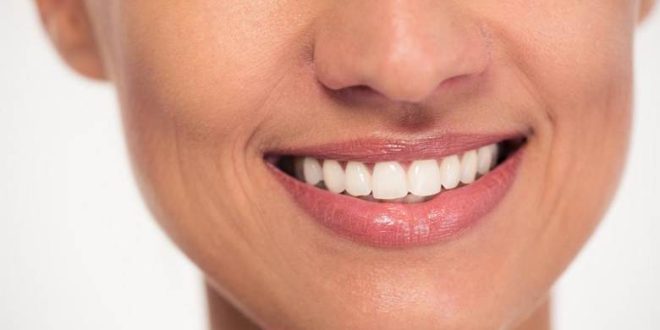Maintaining healthy teeth doesn’t require drastic measures—simple daily habits can make a significant difference in preserving your smile and preventing long-term issues. From brushing correctly to choosing the right snacks, every step adds up. By understanding how small adjustments in your oral care routine influence dental health, you’ll empower yourself to ward off cavities, gum disease, and other common problems. In this guide, we’ll explore practical, everyday choices that safeguard your teeth and keep your mouth feeling fresh and confident.
Master Proper Brushing Techniques
Effective brushing is the cornerstone of dental hygiene. Use a soft-bristled toothbrush and fluoride toothpaste, angling the bristles at 45 degrees toward the gum line to dislodge plaque. Brush gently in circular motions rather than scrubbing back and forth, which can erode enamel and irritate gums. Replace your toothbrush every three months or sooner if bristles fray. Brushing for two minutes twice daily removes food particles and bacteria before they have a chance to cause decay.
Don’t Skip the Floss
Brushing alone only cleans two out of three tooth surfaces. Daily flossing removes plaque and trapped debris between teeth and beneath the gum line. Slide about 18 inches of floss around each tooth in a C-shape, gliding it up and down gently to avoid cutting into gums. If traditional floss is challenging, consider floss picks or water flossers to maintain consistency. Making flossing a non-negotiable part of your routine can dramatically reduce the risk of cavities and gum irritation.
Incorporate an Antiseptic Rinse
Rinsing with an antiseptic mouthwash can reach areas your brush and floss might miss. Choose an alcohol-free formula containing antimicrobial agents like chlorhexidine or cetylpyridinium chloride to lower oral bacteria levels without causing dry mouth. Swish for 30 seconds after brushing and flossing to flush out loosened debris and freshen breath. Integrating mouthwash into your daily regimen strengthens your defense against plaque buildup and helps maintain healthier gums.
Care for Dentures Properly
If you wear dentures, nightly cleaning is crucial to prevent bacteria accumulation and staining. According to the Mayo Clinic, the most effective way to clean removable dental appliances is by soaking them overnight in a denture-cleaning solution. This practice not only kills lingering microbes but also helps retain the shape and fit of your dentures. In the morning, rinse them thoroughly before wearing to ensure a comfortable, hygienic start to your day.
Choose Tooth-Friendly Foods
What you eat plays a vital role in enamel health. Crunchy fruits and vegetables—like apples, carrots, and celery—act as natural toothbrushes, stimulating saliva production to neutralize acids and wash away food particles. Dairy products supply calcium and phosphates to remineralize teeth, while sugar-free chewing gum further boosts saliva flow. Limit sugary snacks and acidic beverages, opting for water, herbal tea, or sparkling water with a squeeze of fruit for flavor without the enamel erosion.
Stay on Top of Dental Visits
Routine professional cleanings are essential for catching problems early and maintaining gum health. Aim for dental checkups and cleanings every six months, or as recommended by your dentist. According to Dentistry Today, one in five Americans hasn’t visited a dentist in recent years, underscoring a widespread gap in preventive care. By keeping appointments, you benefit from expert plaque removal, oral cancer screenings, and personalized advice tailored to your dental needs.
Monitor Gum Health Regularly
Healthy gums form the foundation for strong teeth. Look for signs of redness, swelling, or bleeding when you brush and floss. Early-stage gum inflammation can be reversed with improved oral hygiene, but advanced gum disease may require professional intervention. According to Byte, nearly half of all American adults exhibit some indication of gum disease, highlighting the prevalence of this condition. Stay vigilant and consult your dentist if you notice any warning signs to prevent progression.
Limit Habits That Harm Enamel
Certain behaviors can gradually wear down tooth enamel, making your teeth more susceptible to decay and sensitivity. Avoid using your teeth as tools—such as opening packages or biting nails—and curb habits like chewing ice or smoking, which can chip enamel and discolor teeth. If you clench or grind at night, ask your dentist about a custom mouthguard to protect against wear. Small habit changes go a long way in preserving the integrity of your enamel and overall dental health.
By adopting these everyday choices—ranging from precise brushing and flossing techniques to mindful dietary decisions and consistent professional care—you’ll build a robust defense against common dental issues. Implement these tips gradually to ensure they become lasting habits rather than temporary fixes. Over time, your teeth and gums will thank you with fewer problems, fresher breath, and a healthier, more confident smile.
 Blogging Heros
Blogging Heros




